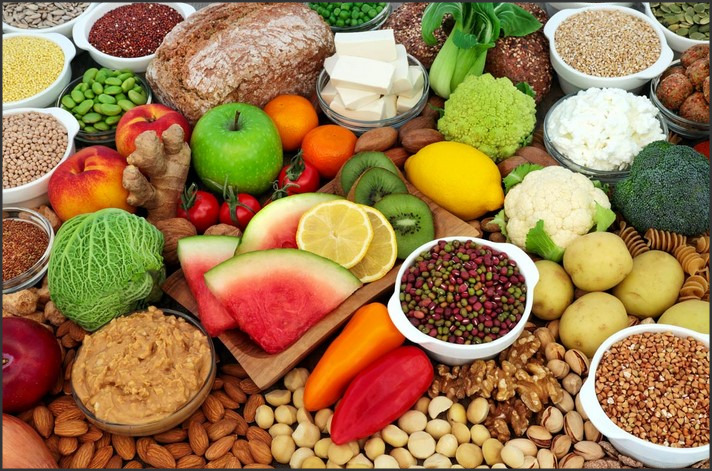
Calcium oxalate is a type of salt that is found in many foods. It is a major component of kidney stones and can cause health problems if consumed in large amounts. For those who are prone to kidney stones or have a high oxalate intake, it is important to be aware of the foods that contain calcium oxalate and to limit their consumption. This article will provide an overview of calcium oxalate foods to avoid, as well as tips for managing kidney stones and oxalate intake.
How to Reduce Your Risk of Kidney Stones by Avoiding Calcium Oxalate Foods
Kidney stones are a painful and potentially dangerous condition that can be caused by a variety of factors. One of the most common causes of kidney stones is the presence of calcium oxalate in the diet. To reduce the risk of developing kidney stones, it is important to avoid foods that are high in calcium oxalate.
Calcium oxalate is found in a variety of foods, including some fruits, vegetables, nuts, and grains. Some of the most common sources of calcium oxalate include rhubarb, spinach, beets, Swiss chard, nuts, wheat bran, and wheat germ. It is also found in some chocolate, tea, and coffee.
To reduce the risk of developing kidney stones, it is important to limit or avoid foods that are high in calcium oxalate. This includes avoiding or limiting the consumption of the foods listed above. Additionally, it is important to drink plenty of fluids, as this helps to flush out any calcium oxalate that may be present in the body.
It is also important to maintain a healthy weight and to exercise regularly. This can help to reduce the risk of developing kidney stones, as obesity and lack of physical activity can increase the risk of developing the condition.
Finally, it is important to speak to a doctor or healthcare provider if you are concerned about your risk of developing kidney stones. They can provide advice on how to reduce your risk and can help to diagnose and treat any existing kidney stones.
Understanding the Impact of Oxalate Intake on Kidney Stone Formation
Kidney stones are a common and painful condition that affects millions of people worldwide. While there are many potential causes of kidney stones, one of the most important factors is the amount of oxalate in the diet. Oxalate is a naturally occurring compound found in many foods, and it can contribute to the formation of kidney stones when consumed in excess. Understanding the impact of oxalate intake on kidney stone formation is essential for preventing and managing this condition.
Oxalate is a compound found in many plant-based foods, including spinach, rhubarb, beets, nuts, and chocolate. It is also found in some animal-based foods, such as organ meats and shellfish. When oxalate is consumed, it binds to calcium in the digestive tract and is then excreted in the urine. If the amount of oxalate in the urine is too high, it can form crystals that can accumulate and form kidney stones.
The amount of oxalate in the diet can have a significant impact on the risk of developing kidney stones. Studies have shown that people who consume high amounts of oxalate-rich foods are more likely to develop kidney stones than those who consume lower amounts. Additionally, people who have a history of kidney stones are advised to limit their intake of oxalate-rich foods.
In addition to dietary changes, there are other strategies that can help reduce the risk of kidney stone formation. Drinking plenty of fluids, especially water, can help dilute the urine and reduce the concentration of oxalate. Additionally, increasing calcium intake can help bind to oxalate in the digestive tract and reduce the amount that is excreted in the urine.
Understanding the impact of oxalate intake on kidney stone formation is essential for preventing and managing this condition. By making dietary changes and increasing fluid intake, people can reduce their risk of developing kidney stones. Additionally, people with a history of kidney stones should speak to their doctor about strategies for managing their condition.
Conclusion
In conclusion, it is important to be aware of the foods that are high in calcium oxalate and to limit their intake in order to reduce the risk of developing kidney stones and other health problems associated with high oxalate intake. Eating a balanced diet that includes plenty of fruits and vegetables, whole grains, and low-fat dairy products can help to reduce the risk of developing kidney stones and other health problems associated with high oxalate intake. Additionally, drinking plenty of water and limiting the intake of processed foods and sugary drinks can also help to reduce the risk of developing kidney stones and other health problems associated with high oxalate intake.